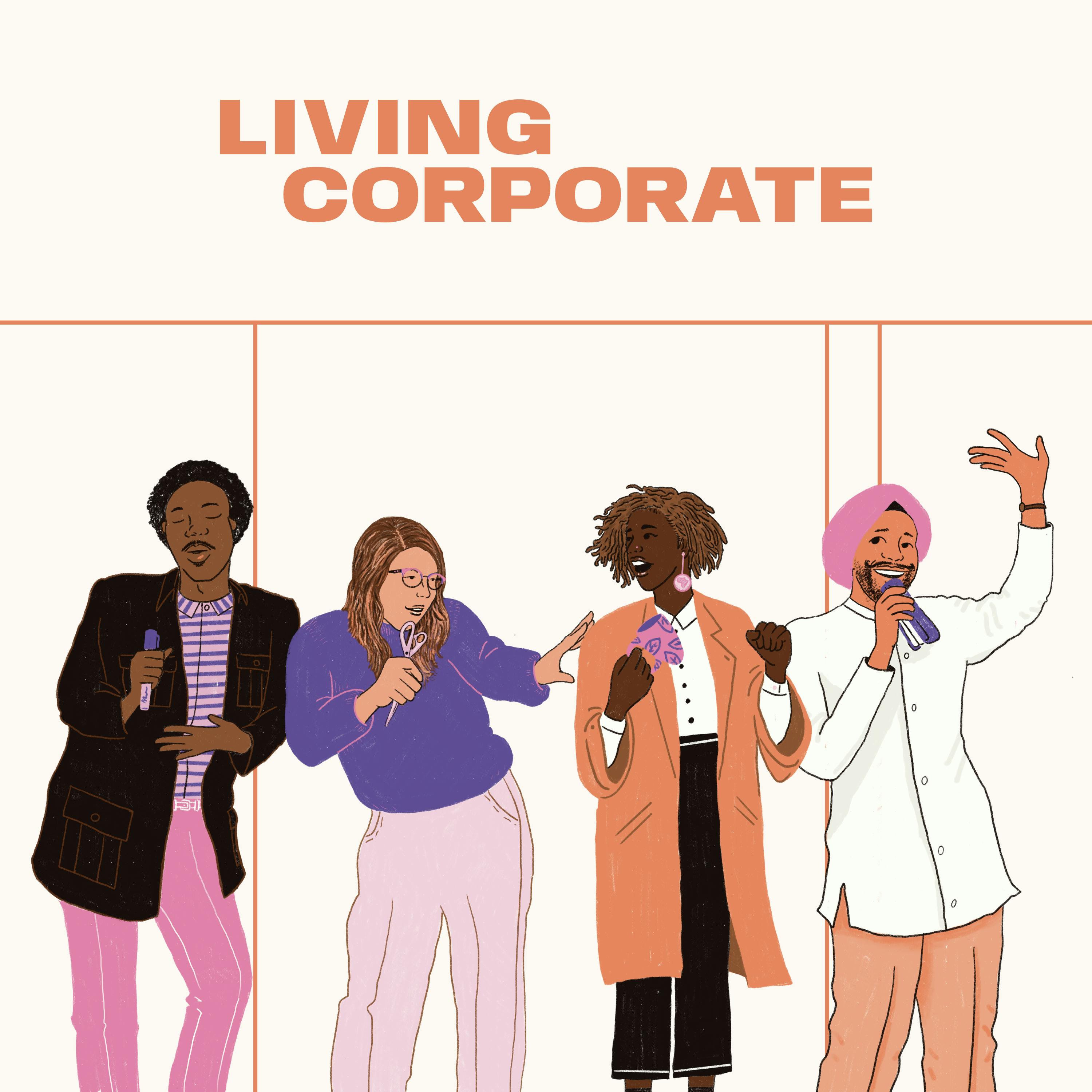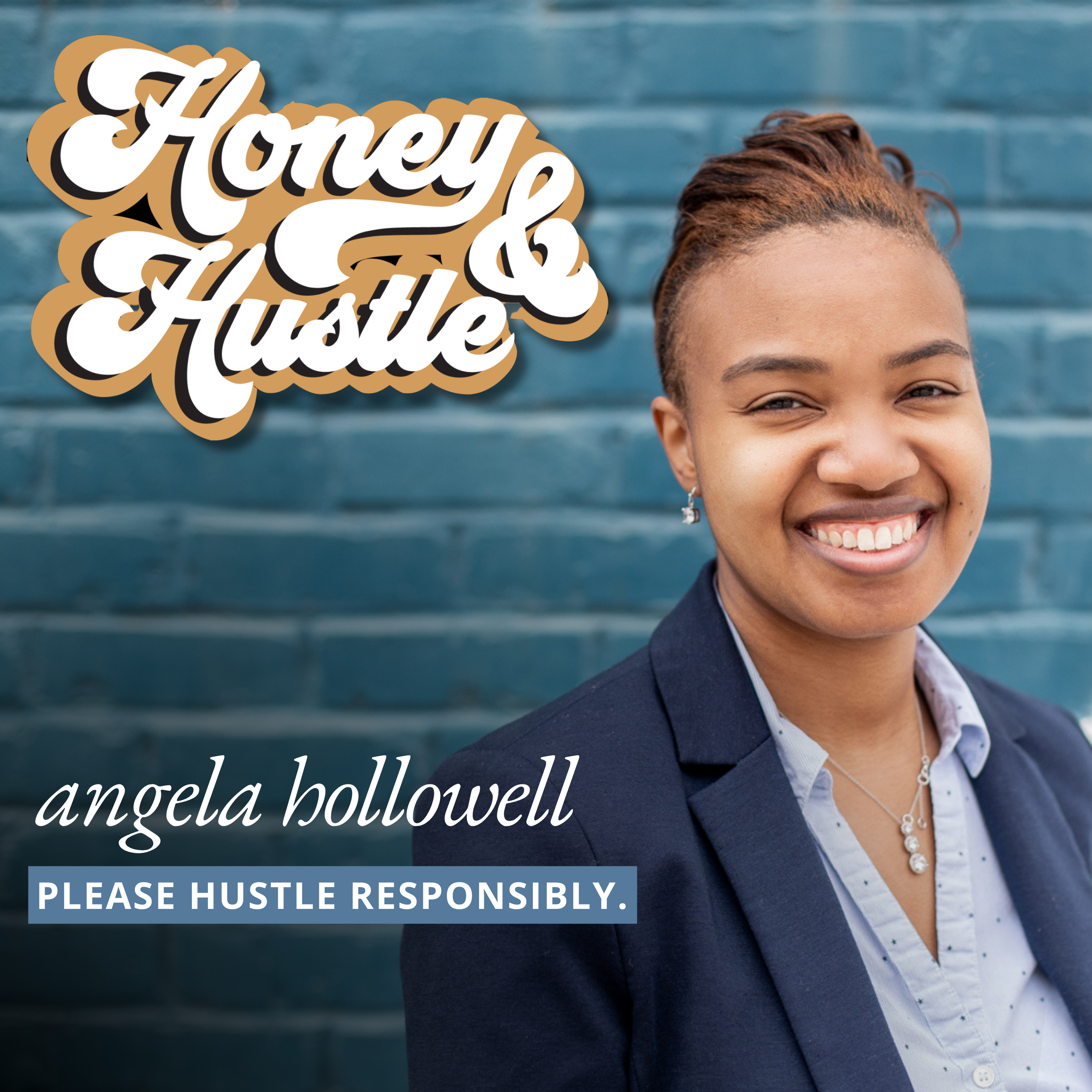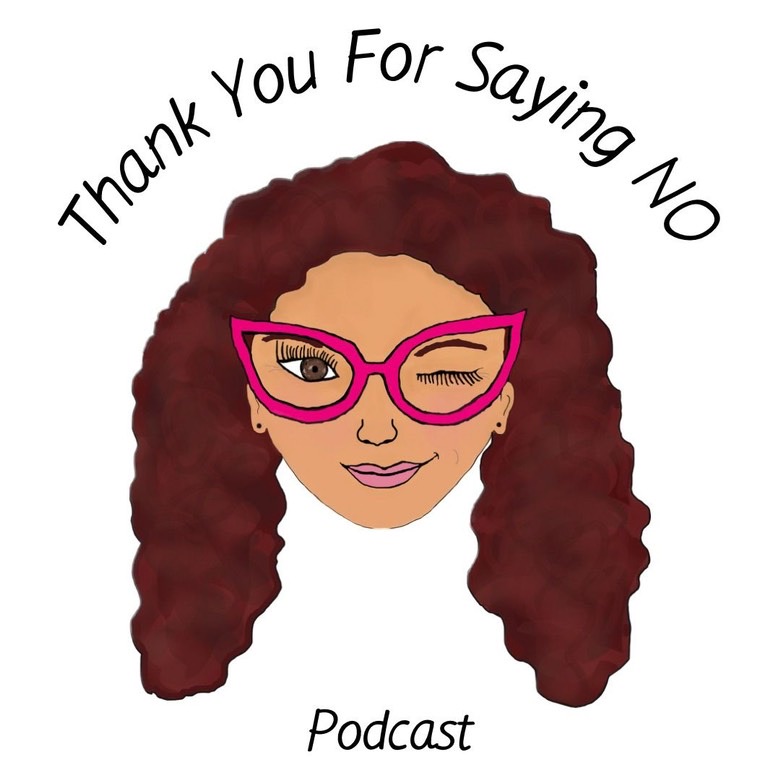
Beyond Normal
Are you ready to embark on the path to entrepreneurship? Join Beyond Normal Media, where we empower startup founders by highlighting their incredible journeys and the ways their products and services cater to customer needs.
Our podcast features insightful interviews with founders, sharing their challenges, triumphs, and actionable advice for aspiring entrepreneurs.
Beyond Normal
100+ Founders Later: Authentic Storytelling in the Age of Perfection
In this episode, Kenny Groom from Beyond Normal Media shares invaluable insights from interviewing over 100 founders. He opens by introducing the mission behind Beyond Normal Media and its focus on elevating underrepresented voices through storytelling.
Kenny explores the power of emotional connections in storytelling, showing how vulnerability and honesty leave a lasting impact. He dives into the contrast between real stories and the polished, “perfect” narratives often seen online, using examples from founders like Pabel Martinez and Pauleanna Reid—who’ve embraced risk and resilience to stand out.
Offering practical advice for founders, Kenny encourages embracing imperfection to forge deeper bonds with audiences. He closes with a call to action, sharing how small businesses can leverage authentic storytelling through Beyond Normal’s 1-hour Content solution.
This episode is part of Beyond Normal Media’s testimonial series, offering a behind-the-scenes look at their evolving content strategy and commitment to real storytelling.
You’re busy running your business. Answer 10 quick questions—we’ll handle the content creation.
Disclaimer: This post contains affiliate links. If you make a purchase, I may receive a commission at no extra cost to you.
Follow us on:
Website | www.beyondnormalmedia.com
Instagram | www.instagram.com/beyondnormalmedia/
Linkedin | www.linkedin.com/company/beyond-normal-media
Woo.
Kenny:Hey y'all. It's Kenny Groom from Beyond Normal Media where every founder story is a journey worth exploring. I've sat down over the last couple years, I can't believe it, with a hundred plus founders, on this very camera, on stages in person. Virtually some of the conversations have happened behind the scenes, and. One thing has become clear, right? There's like the success, leaves a story, right? Today I wanna share a few things I've learned the hard way or, or just along the, the process of me figuring out, through these conversations like, what a story is composed of. Think about it that way. So I wanna start out. When I first started recording founder stories, I thought the ones that would resonate the most would be those perfect stories, right? Somebody raised a million dollars, they had a a million plus dollar exit. All the founders and that. The, the stories that we hear where the founders got, the optimal amount of, customers, they've got the optimal amount of marketing, everything works out, right? Right. Like, but that's not reality. And what I found was that the ones that actually stuck out to me, and a lot of our listeners are the ones where. They are, they're real authentic stories. What I mean by that, right? The, these are the stories where somebody wasn't, they admit they were a little frightened to take that leap of faith on themselves. Maybe, they, I had some obstacles that forced them to look in the mirror. We've had founders on our platform, that have really expressed, the whole spectr of, real authentic stories. Right. and for me, what I've learned from that is like real stories that real. Authentic feeling that you get is gonna be greater than that perfect story when it comes to storytelling. And I think that's relevant now because we we're in an age where the AI can give you quote unquote what the, the, the perfect story is, right? We can go to any, classic or great director, no matter the medi producer, and we can see what. What their style was composed of, and we have a way with the machines to replicate it, but that is not what makes a a real. Authentic story that resonates and connects with people. It's that honesty that a founder is really willing to have, right? And tell, be be completely honest, be naked in a sense, right in front of the world that is going to, that kind of honesty about maybe bootstrapping, the burnout that comes with the creating something, losing customers, pivoting. After failure, after failure, after failure. Those are the stories that resonate with people, and people connect with that more because they can actually apply it to their real life. They understand. Your listeners, your audience understands that their lives are not perfect. So why would they, why would they connect with a perfect story, right when it has no relation to. Their life. There's no real connection there. Right. And this leads me to my next, my next point, which is, why, what within these real stories is driving, I. Your customers, your audience to connect with you. It's about that emotion tho those emotional connections are where the wind happen. I've learned that emotion is, emotion is a, a powerful engine behind great storytelling. It's not about what you build, it's why it matters. What do people feel when they see your solution? I can think back to, we've just on this season, alone, right? We had Pabel Martinez, who's the founder of Plurawl, right? And he took a gamble on himself where he cashed out his 401k, his retirement accounts, right? And so he was, by most people's measurement, he was on top of the world. He worked in tech. He cashed that 401k out, right? And that's something that. That elicits anxiety for folks that elicits excitement for others, right? Who maybe early on in their journey, right, they're the ones that they want to understand what it feels like. What is the thought process around taking a gamble on yourself fully? Cashing out everything. Like we don't hear, we often hear, when we look at articles and things like that, we hear about the folks where it worked out for them, right? They cashed everything out and then, there's, the pot of gold at the end of the rainbow, right? That's not, that's not an emotion that the average person can connect with because the average person is dealing with real shit, right? Excuse my French, but not really like we gotta. These emotions, right. That the founders, exhibit who we all connect with, like that's how they're gonna, they, they win hearts before they, they win your dollars. Right? That's, that's something I remember when I. It was season six. We had Pauleanna Reid on, she's a ghost writer extraordinaire, and she talked about, she was in corporate America at the time and she worked up what I call the gption to have conversations with an executive. And the first thing was. She was able to tell the executive her opinion. A lot of people in corporate America and in some of these roles, like they don't necessarily feel encouraged to do that. But then the second thing she did was she elaborated on the value that she can bring, in the given situation where somebody needed somebody to ghost. Right? A piece of work for them, right? So there's two things there. She stood up, against the odds and actually had an opinion in a situation where a lot of people may say, Hey, I don't have the status. I don't have the, I don't have the power in that situation. I shouldn't be speaking up. Like, that's not necessarily. The mindset is somebody who's, who's along the path of being a creator, a owner, a founder of something. What Pollyanna exhibited in that situation is something that if we could bottle it up and put a tag on it, that would be core to somebody who's willing and wanting to take a gamble on themselves. Right. We've had other founders like, come on our platform and actually break down in tears. Like that's the type of emotion. It could be a good emotion, in terms of good, right, in terms of happy feelings, in terms of, that lasting, that lasting feeling that we all. Are looking for, but then on the flip side of that, there's the, there's the terror, there's the horror in a lot of these situations that the, the founder's story. You can still use these emotions like that are oftentimes, considered bad emotions. Founders can use that as fuel to tell their story and make sure that their story connects with their audience. Super, super powerful. Right? These are gonna be the, the stories that have that emotional component going back to real, being greater than that perfect. Right? Those real stories that convey these emotions, that that's gonna be what moves people to your product, moves people to your solution, moves people to just connect with you, right? That's the, it takes a. It takes more than just telling a story to get somebody to connect, right? Connect with you consistently. Right? They may listen to your story one time. They may see it on their social media feed, but what is there to keep them coming back, right? And so when that storytelling, when it's real authentic and it, and it captures those emotions that drive your audience, oh. The sky is the limit, the sky's the limit. I want to talk a little bit about, in this segment as well, why the, the, the, the emotion itself, right? What, when you're, whether you're creating, a. A piece of content, like a podcast, a testimonial video like this, or some, some short form content, right? When you, when you have a video that, has those emotional connections, you're giving your audience, your listener permission. Right. You're giving them permission to be their authentic self. That real, that real, that's why that real resonates specifically right now. Like it is so easy. I'll, I'll say it again. It's so easy for somebody to copycat and, take your story and make it their own Now. Like people are doing it every single day, right? But when you, and you have a way to connect consistently with somebody and you consistently give them that feeling, which I don't think the AI can do right now, at least. That's my, my take on it. I don't think the AI is there yet. It's probably getting there. And so we'll have to come up with something later. But for now, right, that emotion, that emotional connection that we can have through real authentic stories is a game changer, right? And that is, that can level the playing field for a small business owner for a smaller, a creator starting out. Who is trying to maybe go up against some of the bigger companies that we all use each and every day, right? Those big tech companies, those big media companies, they have a lot of assets, but those assets don't necessarily give them an advantage when it comes to emotional connection. Lastly, I want to, I want to. Touch on this real fast is as I've had these conversations, again, a hundred plus con conversations highlighting amazing founders, right? I, I, I've got some advice or some takeaways for some founders, right? I. Whether when, when a founder sits in front of, whether it's this mic or it's a, virtually where we have them on, and, they have their own setup, right? I always tell them this, right? This is about you. This is about the story you want to tell. Right. And so even if I have a set list of questions that I've put together,'cause I've done my research, when I see a founder and I ask them a question, right? And they, they light up around a certain topic, I go off script. I ask them more about that question, right? I wanna see what, why. Why, why there was an emotion that came across their face in their eyes. We can see emotion like on people's face, right? I come from, a background where I. The, the, the motto, in sales is, smile and dial, right? And there's this idea that people can feel, even through the phone, they can feel your energy, your emotion, right? And so it, it's true, right? There's these different, I guess frequencies that are, that, that our, our vocals are at when we, when we have certain emotions, a lot of times it's unconscious for us as a person speaking and being an orator, but then for those around us, they pick up on that energy that we give out. Right? And so that's just something where, I always say, no matter the platform, right, it is really about. The story that you want to tell, the emotions you wanna elicit, elicit to you, your audience and my audience, right? Because my, my, my audience, this platform here through Beyond Normal Media is, is really used as a vehicle to highlight, the stories of incredible founders to the world. Right. The truth is, though, with this, right, the reason why I tell founders this is about the story you want to tell, most of us are not going to get a Netflix doc, right? Highlighting our journey, right. But what that means is that we can leverage all these platforms, no matter, no matter the social media platform, no matter the medi, whether it's a newsletter, short form clips, long form content, 4K video, 10 a DP, 7, 24 a, DP, whatever, whatever the, the technical definition or specification of it is. That's your ability, like that's your receipt to, to your growth and your journey that you can really show to the world. Like people will, will definitely cash in on that. Right. And that's why I think right now we are focusing so much on the one hour content idea, like the solution, right? It is really here to help founders, right. Take back that, that control of their store. You and in our, you can get. So much of your story out that connects with your audience is crazy. I've been having these sessions with, with founders, business owners, creatives at different levels, different scales. They're at different points in their journey, and it's powerful just to see, asking a couple questions and hitting record what comes out. You will be surprised. It does not take a lot, but it is up to you to decide, the medi and really what you want to tell with your story. The medi doesn't matter as much in my hble opinion. Lastly, I have one call to action, right? For those who, maybe you've been holding back on trying to tell your story. You think it's too early, you don't think it's the right time. You think the moment may have passed. It has not. This is your sign to go for it. All you need or you all you may need, right, is a partner in the process. That's what we do here at Beyond Normal Media specifically, right? Check out our one hour, content solution. Right at our site, at our website, I'll put the link in below. I, I just wanna connect and as I'm sharing our story right, of how we're thinking about storytelling, we can come up with ways and kind of partner and collaborate to turn your story into something. People feel those certain emotions for it and they know it's a real authentic story, and that's what's gonna drive people to have community with you, buy your products. Leverage your solutions. There's so much opportunity. Just thinking about the ways that you can tell your story and, connect with your audience. I appreciate you all who, who have stuck with me, through this. Again, this is a part of our testimonial series where we are like, kind of telling our story in public, building in public our one hour content solution while also, Leveraging, eating what we're serving. Right? In terms of, as we see opportunities for other founders to tell their stories, why are we not going to use those same platforms to, as a use case, as a, as a case study, but ultimately. Just to showcase the, the, the, our thought process and the food for thought that we're bringing to you all and how we're benefiting from it ourselves. Alright? People are gonna resonate with that real authentic versus again, telling somebody and selling somebody a perfect story. So appreciate you all for connecting with me, tuning into this. This is the second in our series, where we're going to be. We're gonna be spending a couple more episodes really diving into, our content strategy and storytelling in particular, and how we're thinking about it in, in this, time we're in. Thank you.
Podcasts we love
Check out these other fine podcasts recommended by us, not an algorithm.

Living Corporate
Living Corporate, LLC
Highly Visible & A Little Misunderstood
Jonathan Dumas
Honey & Hustle
Angela Hollowell
